Reading Time: 7 minutes
Dr. Roopali, an army wife, recounts the reunion of the 48th course of the Indian Military Academy (IMA), Dehradun. They were, as they call themselves, “Born to Battle.” How a soldier is shaped from a Gentleman Cadet and more, is told here, exclusively for Different Truths.

“The safety, honour and welfare of your country come first, always and every time.
The honour, welfare, and comfort of the men you command come next.
Your own ease, comfort and safety come last, always and every time.”
~ Field Marshal Philip Walhouse Chetwode
A decisive battle took place in 1971, which created a new nation called Bangladesh.
It was also a significant moment in the lives of 430 young Gentlemen Cadets who graduated from the military academy in Dehradun and were deployed to the frontlines. The 48th course of the Indian Military Academy (IMA). They were, as they call themselves, “Born to Battle.” Baptised in the battlefield, as all soldiers trained to do so.
Fourteen days at war, followed by an unprecedented victory. So many young men had laid down their lives.
Fourteen days at war, followed by an unprecedented victory. So many young men had laid down their lives. The Pakistan army had surrendered to the Indian Army. The instrument of surrender was signed in Dhaka, the capital of the new Bangladesh. India’s then Army Chief, General Sam Hormusji Framji Jamshedji Manekshaw, known by his nom de guerre “Sam Bahadur,” was the hero of the hour.
The journey today was taking place 50 years later. The Baptised in Battle were on their way to pay respects to their alma mater and reunite with their comrades. Not forgetting those who were no longer with them, by air, rail, and road they came. More, and more, and more…. They came high on josh (enthusiasm) but dampened in joy. A tragic military helicopter crash just a week ago in the Nilgiris had taken many lives.
But they had a mission to accomplish, and they were committed.
But they had a mission to accomplish, and they were committed. Salt and pepper heads and moustaches. Backs strong and straight. Military strides intact. They were returning to the hallowed halls of the institution that had trained and nurtured them. They had joined one of the noblest of professions. Trained to protect and willingly lay down their lives for their country.
As an accompanying military spouse, I was an authentic witness. I watched the joyous reunion of these veterans who had returned to their twenty-year-old selves. Sharing palpable deep respect, camaraderie, and memories. Covid-19 protocol had cramped the physical, but the spirit was unstoppable.
The IMA had changed physically. Fifty years ago, living quarters were harsh and primitive.
What was it like? The IMA had changed physically. Fifty years ago, living quarters were harsh and primitive. Ragging (hazing) was widespread. It was meant to toughen you up. Senior cadets would make you run, holding your heavy steel bicycle over your head. Riding your bicycle past a senior cadet was sacrilege!

The author and the soldiers 
The imposing cadet dining hall 

IMA Cadet Quarters 
Lifesize Installation of the Signing of The Instrument of Surrender 1971
A senior cadet could summon you at midnight. You could be called to polish his shoes. To bow and scrape. You could not register a complaint. If you tried, there were extra drills and the dreaded “Pitthoo Parade.” Your rucksack filled with rocks, and the “run for miles” punishment. Breakfast could be a command to crawl under the table. Hungry hearts and stomachs unfulfilled.
Front rolling all the way to the dining hall was another fearful punishment. The Sword of Damocles was hanging over your head all the time. Leisure hours, if any, were the scariest. A first-termer never knew who or what would bust those precious minutes!
But more importantly, there was the shaping of the soldier. The man of war.
But more importantly, there was the shaping of the soldier. The man of war. The defender of the Republic. The sergeants who are specially selected and trained to train officer cadets are thorough professionals. They are called “Saab” (from Sahib – Sir). They are exemplary soldiers.
Their job is to turn out the best officers in the world. They watch and correct every little bit of the cadet. Sloppiness or even a whiff of a delay means you are endangering your men and your machines.
Every cadet lives in fear of being “gated” (grounded) with no permission to leave the academy premises. Those hours of “liberty” taken away and replaced by extra parade and training while friends are out on the town. At the time, it seemed easier to take a bullet for one’s country.
But at the end of your training, you have done it all. You are to become a fearless fighter.
But at the end of your training, you have done it all. You are to become a fearless fighter. Days, weeks, months roll by, and finally, the day dawns when the Gentleman Cadet will take the final symbolic step to becoming an officer. He does this on a slow march the day of his Passing Out Parade (POP). A perfectly poignant sacred moment. With this he dedicates his life to the service of his country.
Their entire graduating course are now officers of the Indian Army. They will command and lead in war and peace. The sergeant Saabs who yelled at them, punished them, taught them, and shaped them recognised the commitment entrusted to these young men. They stand erect and salute. It is a salute to a sacred duty performed by both. The teacher and the taught.
These young Gentlemen Cadet GCs were often at our school fairs and carnivals.
Memories of my school days in Dehradun came flooding back. These young Gentlemen Cadet GCs were often at our school fairs and carnivals. In their grey suits and very closely cropped hair. On school picnics when busloads of us girls drove past IMA, we would see these guys in their light grey and reddish peppermint candy striped blazers.

The 48th Course meets after 50 years 
Comrades in Arms – the 48th Course 
Gone but no forgotten 
Yesterday and Today
Those who were not running with their bicycles over their heads would be cycling in grey suits. We tried to lean out of the windows of the moving bus and tap them on their head with a ruler! We even shouted, “Hey grey mouse!” How utterly shocking that seems now. In our childish minds there seemed nothing swashbuckling about them. We were too mischievous to care.
So, while we were being coerced into needlework class by the nuns at school these young men were training to protect their country.
So, while we were being coerced into needlework class by the nuns at school these young men were training to protect their country. From sunrise to sunset and sunrise again. So much had happened since then…wars and more wars and courage in the face of death.
Today, the 48th Course of the Indian Military Academy – the veterans of the 1971 war gifted to their alma mater a life size installation of the signing of the 1971 Instrument of Surrender. The imposing structure now resides at the entrance of the New Academic Block. Forever inspiring.
The cadets were on break, and the 48th course veterans and their spouses were the only ones at the academy.
The cadets were on break, and the 48th course veterans and their spouses were the only ones at the academy. They housed us in the cadets’ rooms. I wondered who lived in the room we were in. Where did he come from? What had made him aspire to be an Army officer? Why was he interested in such a difficult career? What was he like?
And then on the inner door of the bathroom I found a scrawled message, a trifle lengthy. I could not read it, so I took a picture of it.
Soon, the solemn moments and the happy times of the reunion came to an end.
Soon, the solemn moments and the happy times of the reunion came to an end. I kept wondering what was scrawled on that door. I had to know. As I write this, I am looking at the picture I took. The lines written on the inside of the bathroom door in a military cadet’s room told their own story.
The young man who lived there was constantly telling himself something. To confront adversity and to come out victorious on the other side.
I am the Master of My Fate.
I am the Captain of my Soul.
Nelson Mandela, who spent 27 years jailed for his activism, regularly recited the poem Invictus during his imprisonment.
Nelson Mandela, who spent 27 years jailed for his activism, regularly recited the poem Invictus during his imprisonment. Invictus, meaning unconquerable or undefeated in Latin, was written in 1875 by William Ernest Henley.
Invictus Out of the night that covers me, Black as the pit from pole to pole, I thank whatever gods may be For my unconquerable soul. In the fell clutch of circumstance I have not winced nor cried aloud. Under the bludgeonings of chance My head is bloody, but unbowed. Beyond this place of wrath and tears Looms but the Horror of the shade, And yet the menace of the years Finds and shall find me unafraid. It matters not how strait the gate, How charged with punishments the scroll, I am the master of my fate, I am the captain of my soul.
This is the story of the Indian Military Academy…
This is the story of the Indian Military Academy, whose young men are constantly reminded, “The safety, honour and welfare of your country come first, always and every time. The honour, welfare, and comfort of the men you command come next. Your own ease, comfort and safety come last, always and every time.”
Note: The visit was from Dec 15, 2021 (50th anniversary of the victory in the Bangladesh War to Dec 17, 2021.
Photos by the author

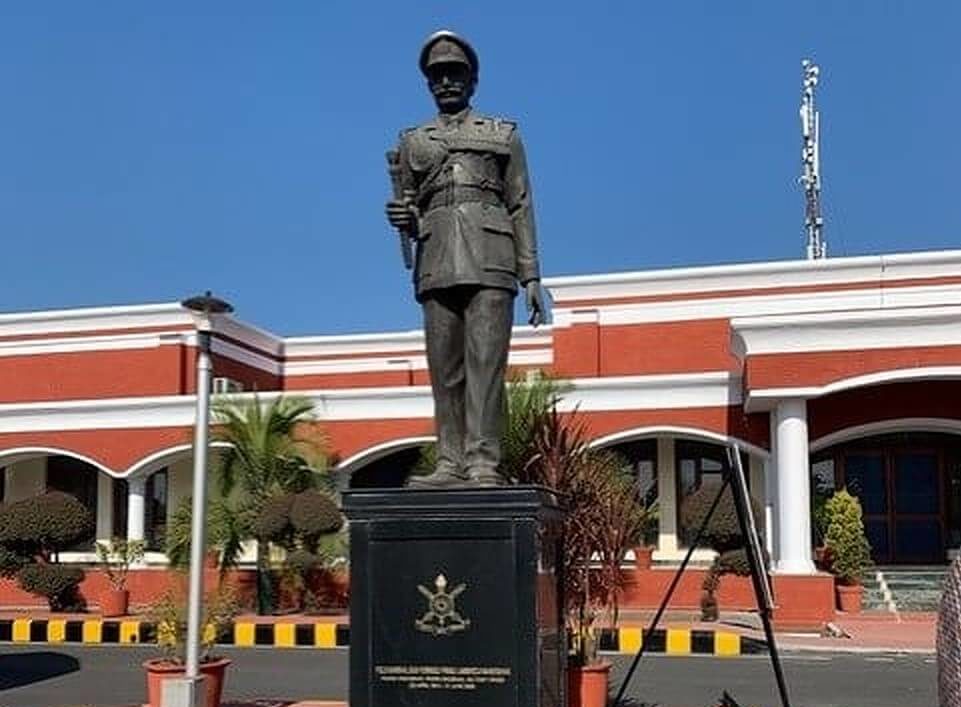
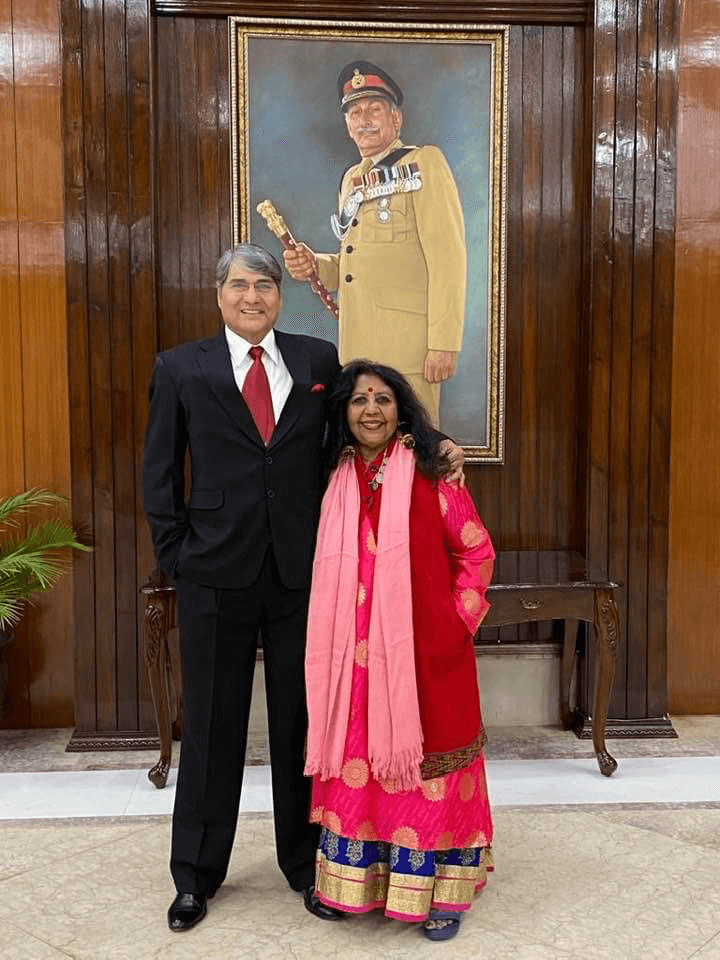
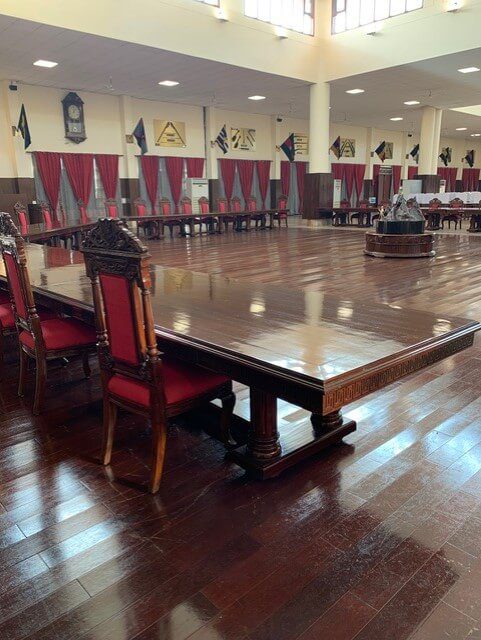
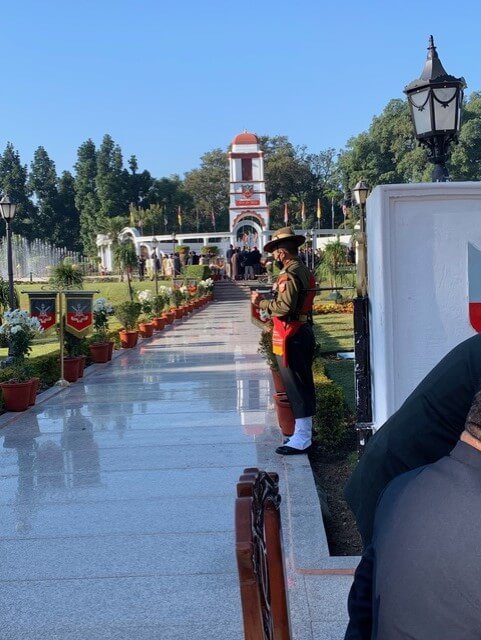
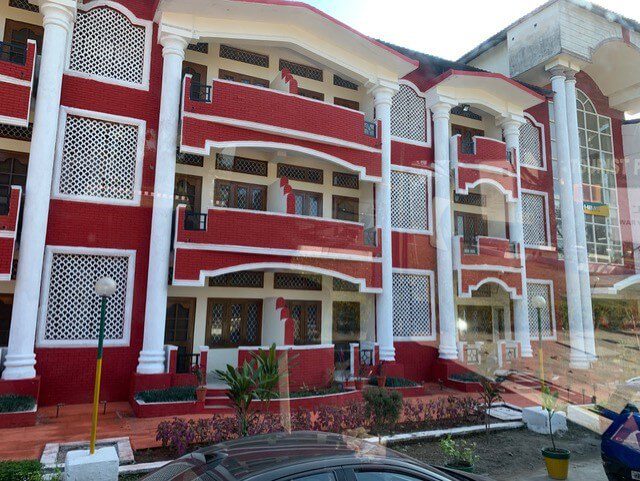
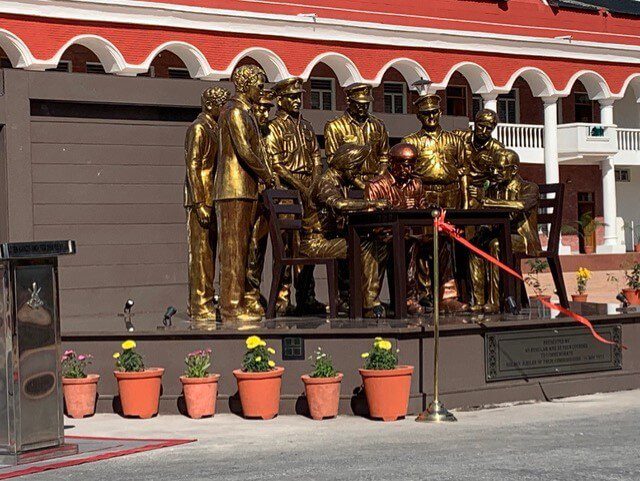
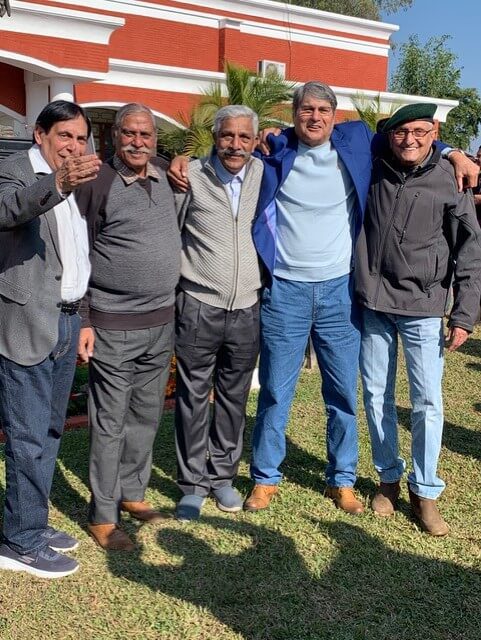
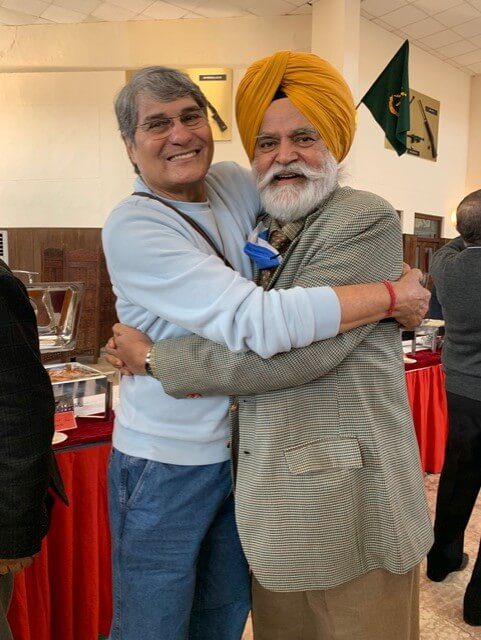
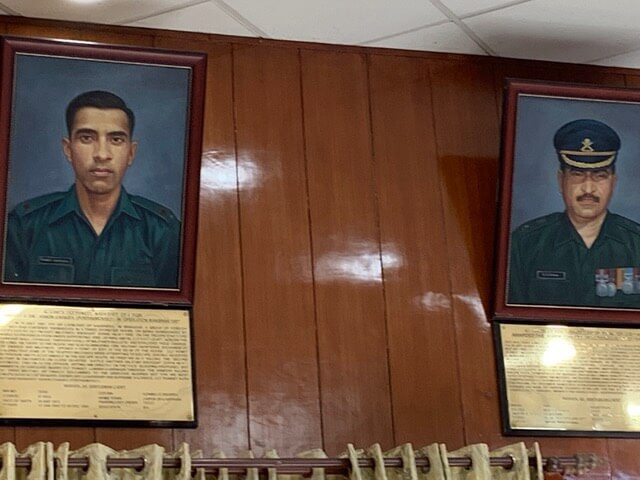
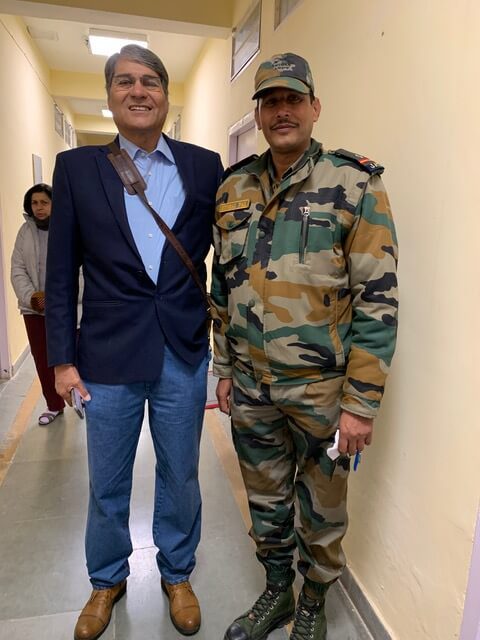















Very well penned down.Really enjoyed reading it as I was one of the witness of this whole journey.Itook a walk of the whole celebration while rading it.Thanks for sharing.Once again let me appreciate your effort of puting this in black n white